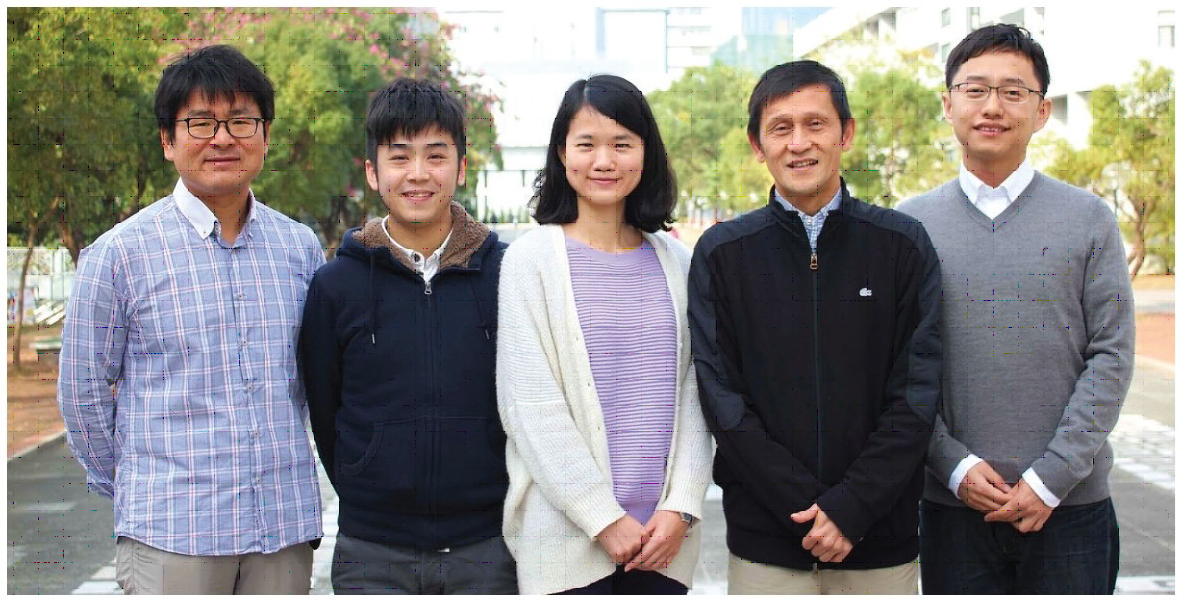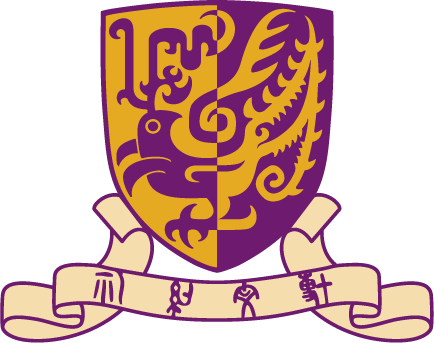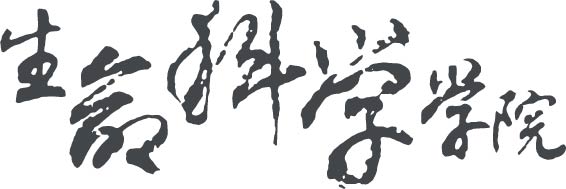A team of researchers at The Chinese University of Hong Kong (CUH K) led by Professor JIANG Liwen, Choh-Ming Li Professor of Life Sciences, has recently made a major breakthrough in revealing the membrane origin of autophagosome in plants, providing new insight into improving crop quality. The results have been published in Proceedings of the National Academy of Sciences (PNAS).
Autophagy is a conserved degradation process in eukaryotic cells to eliminate intracellular components during stress conditions and pathogen infection. Professor Jiang's research team has been working on the underlying mechanisms of protein transport and organelle biogenesis in plant cells for more than 16 years at CUHK, and has been internationally recognized as a leading group in the field of plant cell biology. In the recent study published as a PNAS Plus paper, his research team utilized a combination of in vivo real-time imaging, 3D tomographic reconstruction, and genetic approaches, uncovered a unique role of ATG9 in meditating autophagosome progression from the endoplasmic reticulum (ER). His research team has addressed a fundamental question on "where is the membrane origin of the autophagosome" which puzzling scientists in the past decades.
Professor Jiang said, 'This discovery has far reaching implications for enhancing agricultural productivity. Since ATG9 is conserved among higher eukaryotic cells, such as rice, maize and soybean, further research on the molecular mechanism of plant autophagy pathway will provide new insight into how to improve crop quality to overcome stress environment or pathogen infection, which has become a serious problem in agriculture.'
This study was mainly carried out by two postdoctoral fellows (Drs. ZHUANG Xiaohong and CUI Yong) and a Ph.D. student (Mr. CHUNG Kin Pan) in Professor Jiang's laboratory, in collaboration with Prof. Byung-ho KANG, an expert in 3D Tomography TEM analysis. The project was supported by the Areas of Excellence (AoE) Scheme and Collaborative Research Fund (CRF) of the Hong Kong Research Grants Council, as well as the AoE Centre for Organelle Biogenesis and Function, Centre for Cell and Developmental Biology, and State Key Laboratory of Agrobiotechnology (Partner Laboratory in The Chinese University of Hong Kong) of CUHK.
Graduate students and postdoctoral researchers supervised by Professor Jiang's have received many prestigious awards for their research excellence, including CUHK Young Scholars Dissertation Award (twice), Postgraduate Research Output Award (five times), Keystone Symposium Scholarship USA (twice) and Human Frontier Science Program Long-Term Fellows (twice), as well as the Thousand Talent Plan of China (twice).




